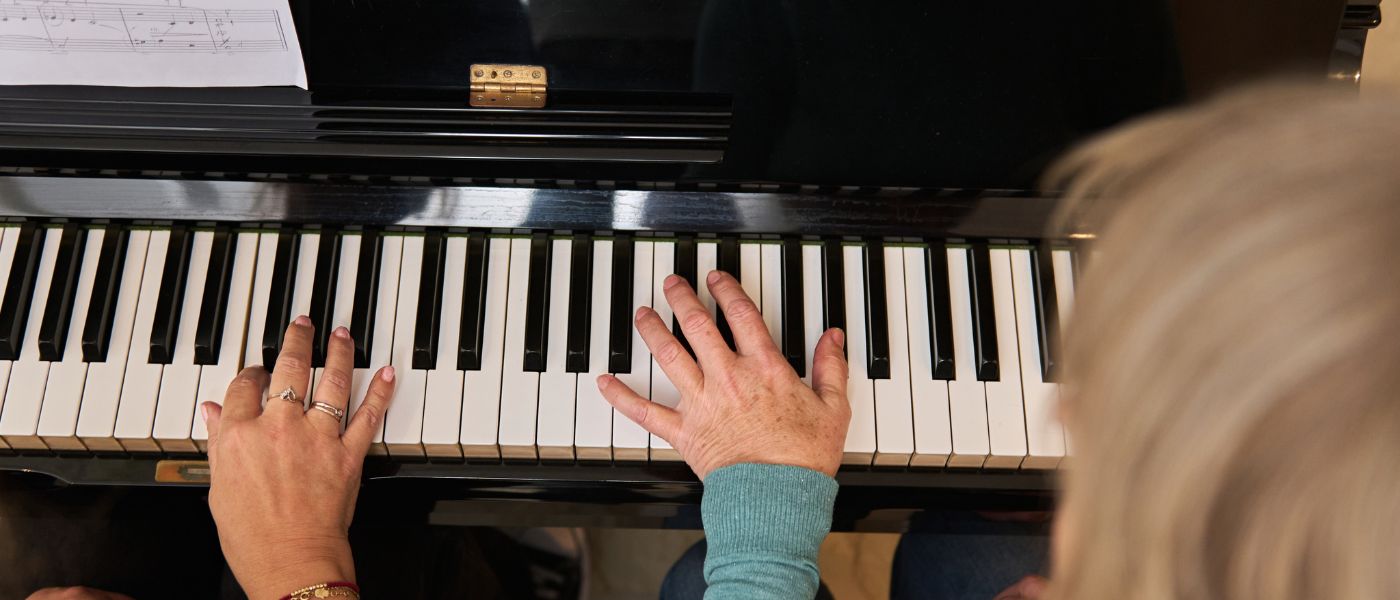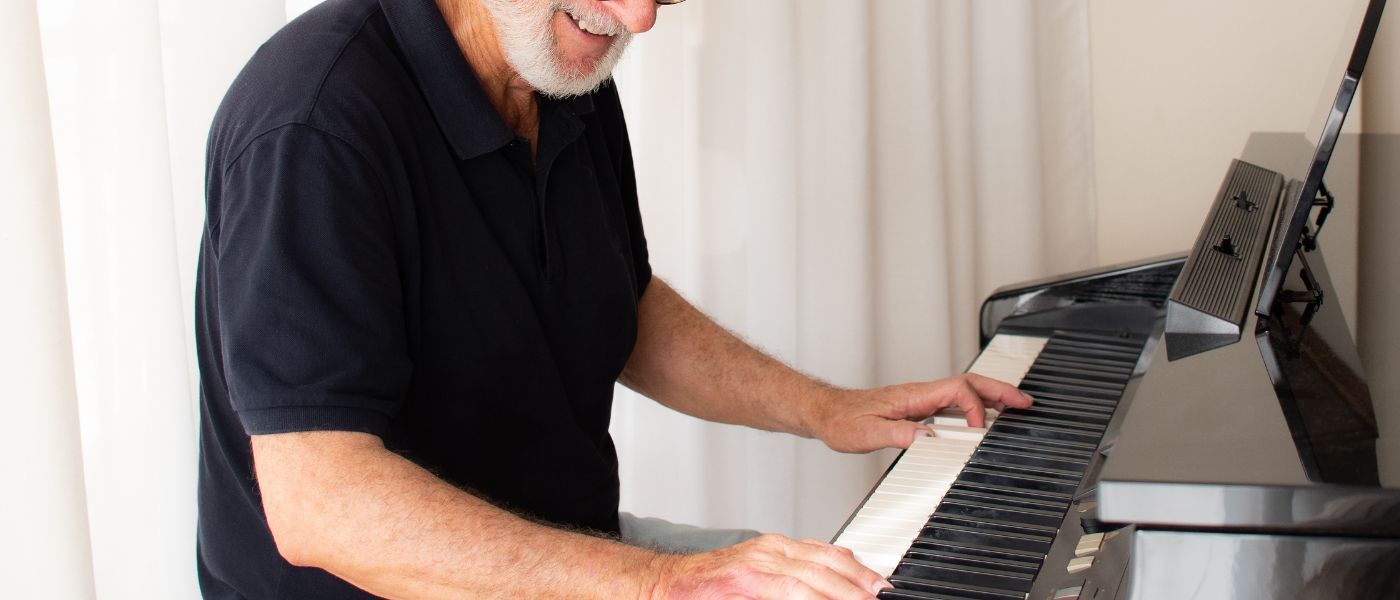Many adults assume that learning piano as an adult is an uphill battle reserved for the young, but this couldn’t be further from the truth. With dedication and the right approach, anyone can master the keys, regardless of age. In this article, we’ll dive into common obstacles adult learners encounter and offer actionable tips to navigate these hurdles effectively. You’ll discover that with perseverance and the right mindset, playing the piano can become a fulfilling part of your life.
Tips For Learning Piano As An Adult
When learning piano as an adult, it’s important to approach the process with patience and a positive mindset. Start by familiarizing yourself with the layout of the keyboard, understanding where the notes are located.
This foundational knowledge will make it easier to read music later on. Try to incorporate short practice sessions into your daily routine; even 15-20 minutes can be effective if done consistently.
Listening to pieces you wish to learn can also help develop your ear for music, making it easier to replicate melodies. Joining a community or finding a practice buddy can provide support and motivation, allowing you to share experiences and tips.
Don’t hesitate to explore different genres of music that resonate with you, as this can keep your interest alive and inspire creativity in your playing!
Break Down Sessions into Manageable Milestones
Learning piano as an adult can feel overwhelming, especially when juggling a busy life. One effective strategy is to break down sessions into manageable milestones. Instead of aiming to master an entire piece, focus on just a few measures at a time.
This not only makes practice less daunting but also allows you to celebrate small victories along the way. Each milestone achieved builds confidence and keeps motivation high.
Take this a step further by incorporating varied practice techniques. For instance, try playing the same few measures at different tempos. Start slow to ensure accuracy, then gradually increase the speed as you become more comfortable. This method not only improves your technical skills but also helps with muscle memory.
Additionally, consider integrating sight-reading exercises into your routine. Dedicate a few minutes each session to reading new pieces or simple exercises. This will enhance your ability to quickly recognize notes and rhythms, making it easier to learn new music in the future.
Record Practices To Visually Learn From Mistakes
Learning piano as an adult often comes with unique challenges, but these hurdles can also be opportunities for growth. One effective strategy is to record your practice sessions. Listening back allows you to identify mistakes and track your progress over time.
This visual and auditory feedback helps you learn more efficiently and encourages a deeper understanding of your playing style.
Take a step further with this by setting specific goals for each practice session. Instead of simply playing through pieces, focus on particular sections that need improvement or techniques you want to master.
For example, you might dedicate one session to working on hand coordination or another to dynamics and expression. By breaking down your practice into manageable objectives, you can make your learning experience more structured and rewarding.
Explore Piano Lessons For Faster Learning
Learning piano as an adult often feels daunting, especially when juggling work and personal commitments. To make the process smoother, consider exploring piano lessons tailored for adults.
These lessons can offer practical tips and techniques that resonate with your lifestyle. Finding a supportive community, whether online or in-person, can also enhance your experience.
Sharing challenges and triumphs with fellow learners can boost motivation and provide valuable insights.
A great piano teacher can provide personalized guidance, helping you set achievable goals and track your progress.
They can adapt their teaching style to suit your learning pace, ensuring that you grasp fundamental concepts while also exploring pieces that excite you.
Set Realistic Expectations When Learning Piano As An Adult
Learning piano as an adult can feel overwhelming at times, but setting realistic expectations is key to overcoming challenges. Unlike children, adults often juggle busy schedules and personal responsibilities, which can make consistent practice difficult.
Acknowledging this reality allows you to approach your learning journey with patience.
Embrace the unique advantages of learning as an adult, such as the ability to appreciate music on a deeper level and the discipline developed through life experiences. Use these strengths to your advantage by incorporating your favorite songs into your practice routine.
This connection can transform challenging sessions into enjoyable experiences.
Celebrate Small Achievements and Track Progress Regularly
Learning piano as an adult can feel daunting, especially when juggling a busy schedule and self-doubt. However, one of the most effective ways to stay motivated is by celebrating small achievements.
Each time you master a new chord or play a simple melody without mistakes, take a moment to acknowledge that progress. These little victories build confidence and remind you that every step forward counts, no matter how small.
Tracking your progress can also transform your learning experience. Keep a journal or use an app to document your practice sessions and milestones. This not only provides a clear picture of how far you’ve come but also helps identify areas for improvement.
When you look back and see your growth over weeks or months, it reinforces the joy of learning piano as an adult, reminding you that persistence pays off!



Continue Reading
Overcoming Challenges When Learning Piano As An Adult
Many adults assume that learning piano as an adult is an uphill battle reserved for
Sep
Exploring Online vs In-Person Singing Lessons: Which is Right for You?
Have you ever wondered if you can truly master the art of singing from the
Aug
Creative Ways to Encourage Practice at Home for Young Musicians
Have you ever watched a child lose interest in their instrument after just a few
Jul